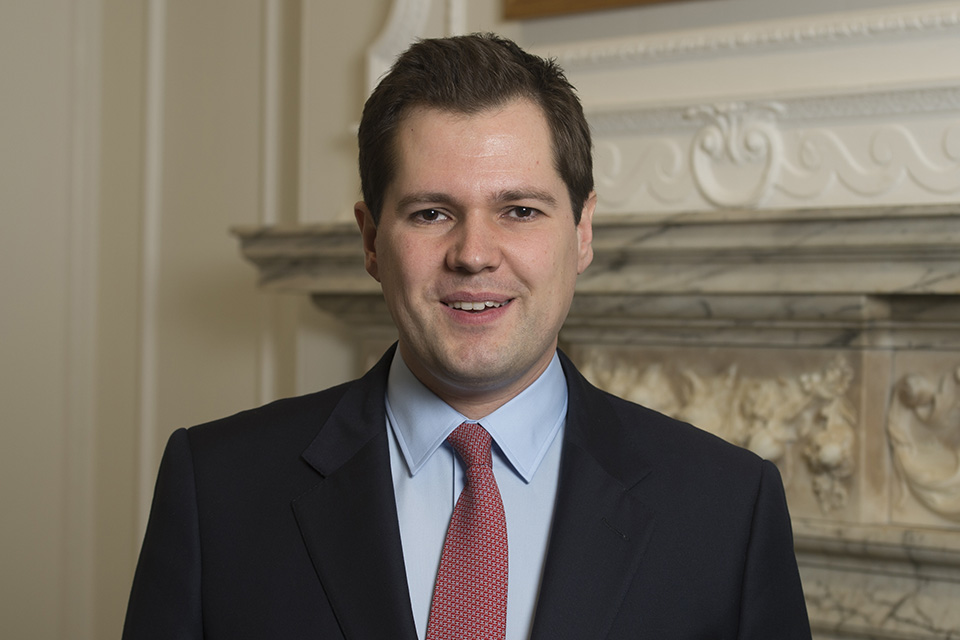Lord Berkeley – 2014 Parliamentary Question to the Department for Environment, Food and Rural Affairs
The below Parliamentary question was asked by Lord Berkeley on 2014-04-09.
To ask Her Majesty’s Government, further to the Written Answer by Earl Attlee on 30 April 2012 (WA 420), what is their policy on grants and state aids for harbour dredging; under which United Kingdom Government and European Union funding programmes grants are permitted; what account they take of the effect of any grant on competition with other ports in the area or region; under what circumstances grants for dredging are available for a single beneficiary which will be the main commercial beneficiary; and whether, in any application for a grant for port development, any dredging element must be identified and justified separately.
Lord Bates
The Government’s policy, as confirmed in the National Policy Statement for Ports, is that the ports industry in England and Wales is generally successful in funding investment, including in capital dredging, on a commercial basis without need for support from public funds. Consequently there is a general presumption against such grants, which can displace and deter private sector investment and distort competition, whether for single or multiple beneficiaries. There may, however, be occasional exceptions, as in the case of the Regional Growth Fund grant awarded for dredging in Liverpool Bay and the Mersey Estuary. This was based on an exceptional regional economic regeneration justification. In any such case, the prospective impact on competition with other ports would be taken into account during consideration of the application.
Dredging costs, along with other port costs, could potentially be eligible for grants from European funding schemes such as the Connecting Europe Facility and Trans-European Networks – Transport (CEF/TEN-T). The Government would normally expect any grant application for UK or EU funds to show disaggregated costings, including clear identification of any dredging element that may be present.



